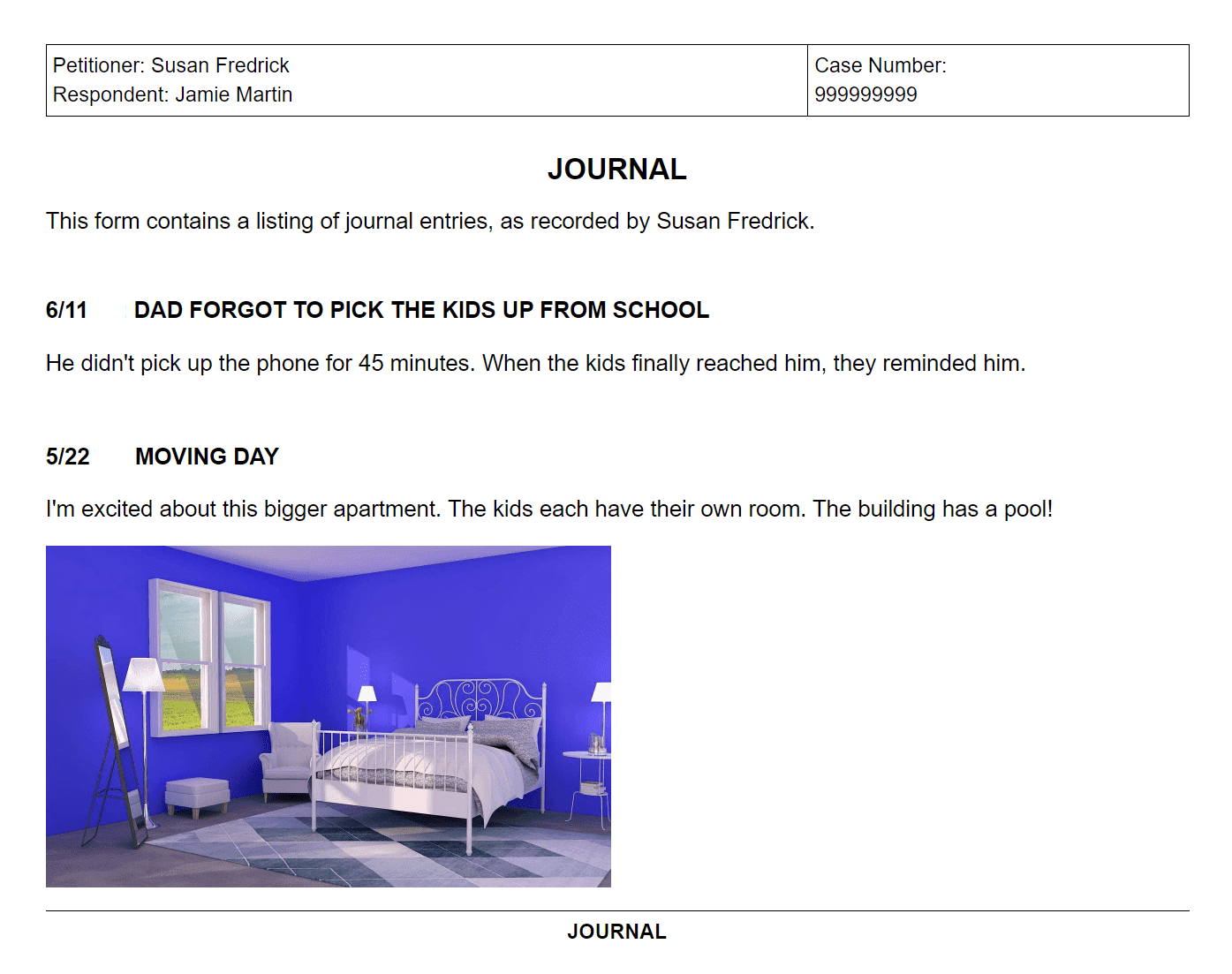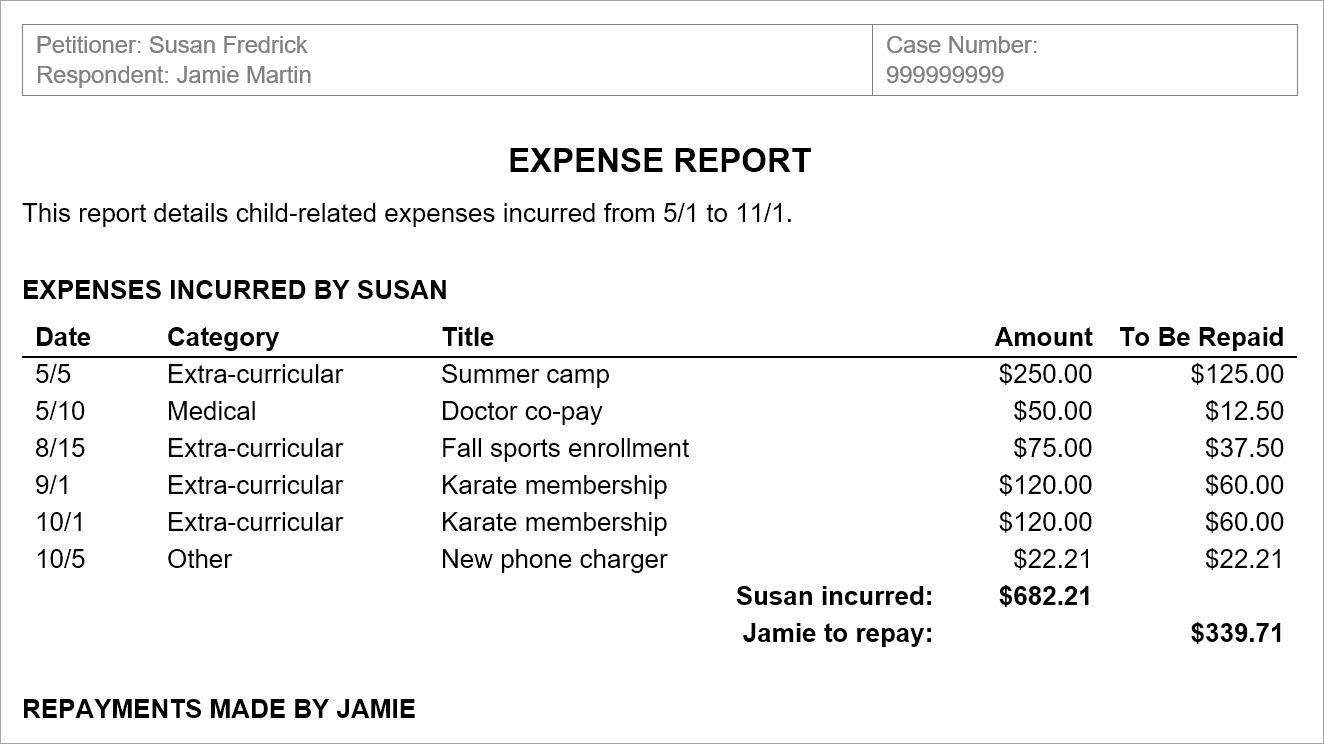Nonbiological Parent Custody Rights: Father or Mother
Nonparents often play pivotal roles in a child's upbringing. They help single parents manage parenting responsibilities and step in when parents are unfit or unavailable to care for their child. When they assume a parental role, they might qualify for custodial rights as a nonbiological parent.
The nonbiological parent could be, for example:
- A stepparent
- A grandparent
- An aunt or uncle
- A man who thought he was the biological father of a child but turns out not to be
- Someone in a romantic partnership (LGBT or heterosexual) who goes through a second-parent adoption to establish a legal relationship with their partner's child
Legally, biological parents are not required to allow you (a nonbirth parent) access to their child — unless you have custody rights by default or court ruling. Nonbiological parents should pursue custody rights to secure their place in the child's life.
What rights does a nonbiological father or mother have?
The rights of a nonbiological father or mother vary:
- A nonbiological parent who was married to the child's mother during the child's conception or birth is generally a legal parent and has equal custodial rights with their current or former spouse.
- A nonbiological parent who wasn't married to the child's mother but is the child's legal parent has the right to petition for custody or visitation.
- A nonbiological parent who is not the child's legal parent has no custodial rights because they do not have a legal relationship with the child.
- A nonbiological parent who has adopted a child has the same custodial rights as a biological parent would.
A family court has the power to change these rights under certain circumstances.
Outside of court, a biological mother can give a nonbiological father custody rights by signing a paternity acknowledgment form with him to make him the legal father. Signing the child's birth certificate is enough to become a legal parent in some jurisdictions.
What responsibilities does a nonbiological father or mother have?
If you've provided financial support to the child, a court can order you to pay child support — even if you don't have custody rights.
If the court grants you custody rights, you'll need to make sure the child's needs are met and make decisions for them that are in their best interests. You'll also need to cooperate with the other parents if they will be part of the child's life.
Can a nonbiological father or mother get custody?
Yes. A nonbiological parent can file for custody. This is common for nonbiological legal parents as well as siblings, grandparents and extended family members.
Filing for custody
File a petition for custody with your local family court. You'll need to serve the child's established parents with a copy of the petition and any other forms the court requires.
The court will schedule a hearing where you and the child's parents will appear to argue your cases. Courts tend to prioritize the rights of biological parents, so you'll need strong evidence of your parental fitness and financial stability.
Nonlegal parents need to establish that they're the child's psychological parent (also called a de facto parent) to get custody. Standards vary by jurisdiction, but generally, at least one of the following must be true:
- You've helped raise the child.
- You've lived with the child. (The law may specify a time period.)
- You've established a bond with the child similar to a birth parent.
- You've provided emotional, financial and other forms of support to the child.
- The biological parent encouraged you to have a parent-like relationship with the child OR the biological parent is absent or unfit for custody (required in some jurisdictions).
Legal or biological parents could sign over custody to give the nonbiological parent custody rights. The court would need to approve for the arrangement to become official.
Getting custody does not terminate the parental rights of the other parent.
Adopting a child
Second-parent adoption allows you to become the legal parent of your spouse or partner's child. It's also a way to become legally recognized as the parent of a child conceived via egg or sperm donation. Laws and processes vary, and not every jurisdiction allows it.
Third-party adoption allows you to become the legal parent of a child to whom you have no relation. Laws and processes vary. You may be under closer scrutiny to ensure you'll provide quality care for the child.
For both types of adoption, you'll need to fill out an application among other paperwork. The process can be lengthy, especially if you are adopting a child in foster care, which often requires training and home studies.
Adopting a child terminates the parental rights of one parent (second-parent adoption) or both parents (third-party adoption).
Legal guardianship for nonbiological parents
If you don't qualify for custody, you might be able to become the child's legal guardian, granting you many of the same rights as a parent with custody. Becoming a legal guardian will allow you to make important decisions for the child regarding their healthcare, schooling and more.
You can go to court to become the child's legal guardian, or the biological parents may name you the child's guardian in their stead. Guardianship does not override parental rights. Your appointment can be temporary or long-term depending on the child's needs and their parents' availability.
Proving your case for custody rights as a nonbiological parent
Getting custody rights as a nonbiological parent isn't easy. Hiring an experienced lawyer is highly recommended. On your own, you can use technology to stay organized and prepare supporting evidence for court.
The Custody X Change online app has the tools you need to prove awarding you custody is in the child's best interests.
A custody journal can help you:
- Show you've been a regular part of the child's life (e.g., preparing meals, helping with homework)
- Demonstrate your parental fitness
- Document any bad behavior by the child's birth parent

You can customize this to fit your situation with Custody X Change.
A parenting plan can help you:
- Prove you want to maintain the child's relationship with their birth parent (if it's safe)
- Demonstrate that you understand parenting should be a joint effort (if the birth parent is fit for custody)
- Show you've thought through what responsibilities you'll need to take on as a co-parent

You can customize this to fit your situation with Custody X Change.
An expense report could prove:
- You financially support the child.
- The birth parent relies on you to pay a portion of expenses.
- You are financially responsible.

You can customize this to fit your situation with Custody X Change.
